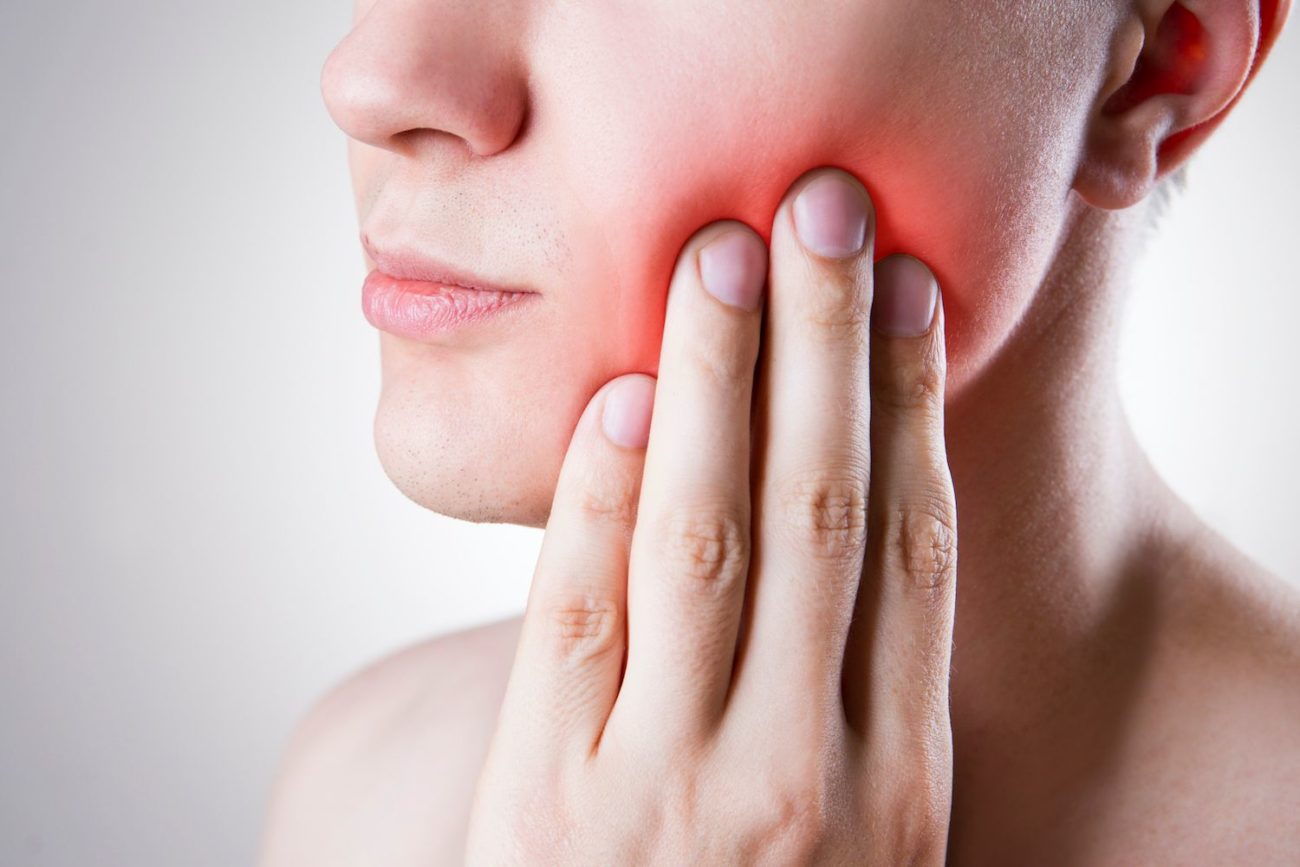Millions of Americans grind their teeth regularly. You may consider the habit, known as bruxism, annoying, but the constant grating of the top teeth against the bottom teeth could cause significant damage to your smile. If you do not try to stop this behavior, you could suffer pain and harm to your oral health.
Your dentist can help you kick this habit when you schedule a consultation appointment. You can feel encouraged to talk to your dentist by learning about the damage grinding and clenching teeth can cause. Read on to learn about three dental problems that could develop and worsen if you do not seek treatment for bruxism.

Oral Health Risks from Teeth Grinding
Chronic Jaw Pain
When you grind your teeth, you exert pressure that strains the muscles of the jaw. This tension can hurt the muscles in the jaw as well as the temporomandibular joint. You might feel soreness in the jaw that could ultimately inhibit your ability to move it.
This chronic pain will worsen without treatment for the source of the strain, which is teeth grinding in this instance. You can develop temporomandibular joint disorders or TMJ that will require dental therapy to alleviate.
You may notice additional symptoms, like pain that radiates to the ears, the head, and the face. A clicking sound in the jaw when you move it and a decline in the ability to open and close the mouth may also develop. Stopping teeth grinding before these symptoms form can save you a lot of stress and pain.
Tooth Enamel Damage
Teeth grinding and clenching not only hurts the muscles in the mouth. Grating the top teeth against the bottom teeth can harm the teeth themselves too. Though your teeth have a durable outer shell called enamel, your teeth are not indestructible.
Chronic bruxism can lead to a dental injury in the form of a crack, chip, or fracture in the teeth. This tooth breakage will disrupt your smile as well as leave the teeth vulnerable to plaque, bacteria, and other dental dangers. You might also wear your enamel down, leaving your teeth similarly at risk.
Your dentist can restore your dental structure using a dental crown. But you should preserve the natural shape of your smile as much as you can by ceasing harmful habits like bruxism.
Broken Dental Work
Constant teeth grinding will hurt fixtures within your teeth as well. Dental fillings, crowns, veneers, and other oral appliances are designed to withstand the routine wear and tear of chewing and biting. But the high pressures from teeth grinding could cause your dental fixtures to break or dislodge.
This accident could break the seal protecting the interior of your teeth beneath a crown or filling. Then your underlying teeth could be at risk of cavities and other dental problems.
Call your dentist as soon as possible after this accident. Your dentist can provide urgent repair and replacement for this damaged dental work. But you can avoid this dental emergency by treating bruxism habits promptly.
